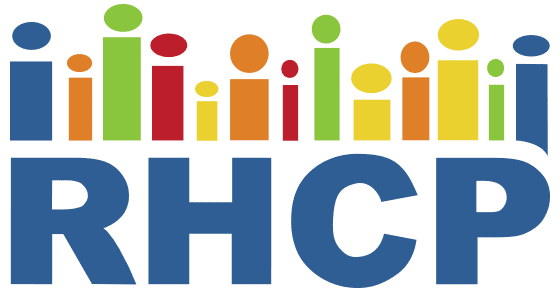Closing the Gap
Patients with Limited English Proficiency (LEP) have lower rates of cancer screening than their English-proficient counterparts in the United States. Local clinic data in Rochester, Minnesota, mirrors the national trends, with wide disparity gaps for cancer screening among patients with LEP. Innovative approaches, inspired by the communities affected, are needed to address this disparity.
The overall objective of this project is to develop an intervention framework for cancer screening among people with LEP that incorporates patient, provider, health system, and community level contexts. The first step in this project is to conduct rigorous qualitative research with patients and stakeholders in order to understand the mechanistic underpinnings of screening disparities for this unique group of patients. Semi-structured interviews will be conducted to: 1) identify subjective norms, attitudes, motivations, and structural factors that affect cancer screening among adult patients with LEP in a primary care practice, and, 2) identify non-patient stakeholders’ (healthcare providers, medical interpreters, and community leaders) perspectives on potential mechanisms for cancer screening disparities between LEP and non-LEP populations.
The results of this qualitative inquiry, together with available practice administrative data and the results of a literature review, will be used to develop a theory-driven framework to inform future interventions to reduce practice-based cancer screening disparities among patients with LEP. This study represents the foundational step toward the overall objective of future work: developing a multi-modal intervention that incorporates patient, provider, health system, and community level contexts to address cancer screening disparities among patients with LEP.
Funding
Mayo Clinic: Office of Health Disparities Research

